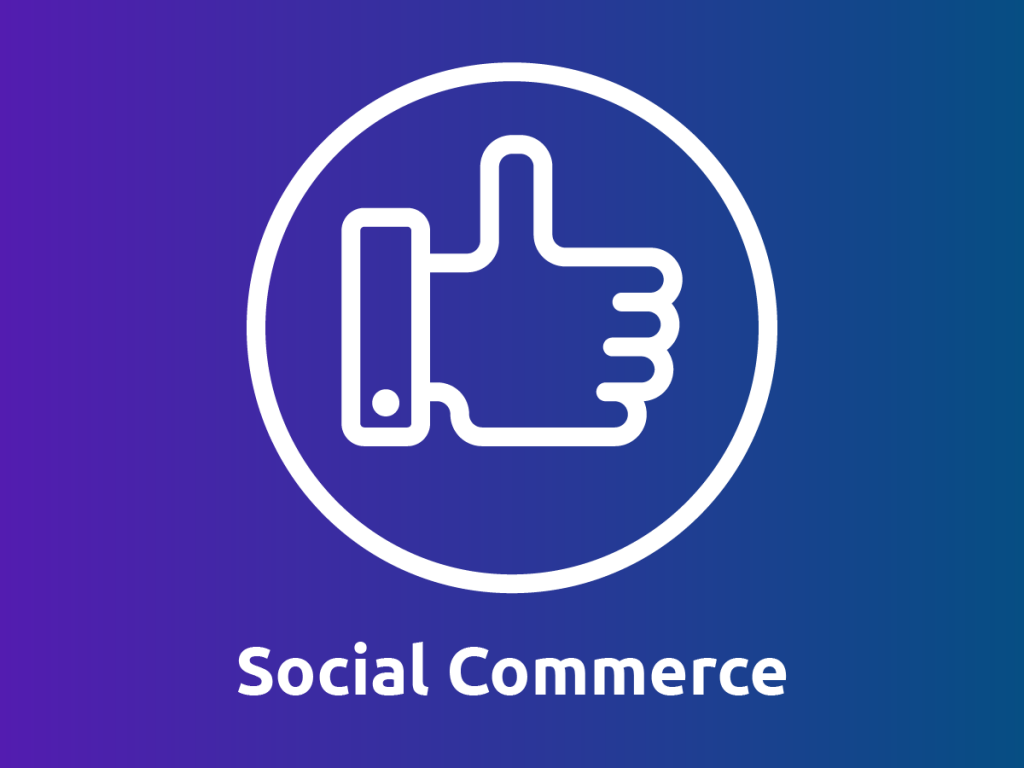Less distinction between advertisement and social media
In 2019, consumers will watch more online than television, and it will become easier to buy products directly on social media, instead of webshops (‘Social Commerce’). In order to appear authentic, companies will also hire more ‘influencers’ to promote their products, who post content that do not look like advertisements at all. The distinction between an advertisement and a social media post will be less clear, and a purchase might be just one click or swipe away. But is that legally allowed? What are the legal issues if you want to use Social Commerce?
Social Commerce fall under advertising laws
The rise of social media platforms such as Facebook, Instagram and Pinterest change the way that consumers:
- divide their attention,
- are being influenced,
- and receive the impulses to buy something.
This has drastically changed the ways that companies reach their target audiences and advertise their products. Regular advertisements of companies are less trusted than recommendations of people you know, like and trust. So companies have an incentive to promote and recommend their products in a way that does not look like an advertisement.
However, if you want to use Social Commerce to promote your business, you should take into account the mandatory advertising laws that are meant to protect consumers. If a social media post mentions your company or product in a promotional manner, it falls under the legal definition of ‘advertisement’, and advertising laws automatically apply.


Practices that are considered to be misleading
The most important rule in advertising law is that an advertisement should be made clear as such, and may not be misleading about its commercial purpose. The advertising law in the Netherlands (which is based on European consumer law) lists several practices that are considered to be misleading, which include for example:
-
If you are not clear on the commercial purpose of content;
This is the case if your company publishes promotional content without the indication ‘advertisement’, or if your company hires influencers to promote your product without requiring them to use the hashtag #sponsored or #spon. Research shows that many influencers (over 90% of celebrity influencers) do not disclose the commercial purpose behind their social media posts.
-
If you falsely present yourself as a consumer.
An example is if you or your employees pretend to be your consumers, and put fake ‘user reviews’ on websites or social media.
A purchase may not be just one click away
Although it will become easier to buy things online, there is a legal limit to how ‘easy’ it can be. The advertising laws require that you should provide all essential information to consumers, before they can make a purchase, which includes:
- Main characteristics of the product, such as: brand, size, color, amount;
- Full price, including all taxes and costs;
- Name of the supplier;
- Methods of payment and delivery;
- Right of the consumer to cancel the purchase within 14 days after receipt.
There are also other legal requirements before an online purchase is final, like the:
- General terms and conditions should be downloadable and explicitly accepted by the consumer;
- Consumer must be given the opportunity to review and correct the online order before it is final;
- Consumer should be warned about the payment obligation if the consumer proceeds;
- Consumer should receive an electronic confirmation of the order (usually by email) and
- there should be several payment options, including the option to pay upon receipt or afterwards;
If the advertising laws are not taken into account, this can lead to investigations and high fines. The consumer authorities (ACM in the Netherlands) has already warned consumers about the risks of impulse buying on social media.

Get your Social Commerce compliant
As you can see, there are many legal requirements to take into account if you want to sell products directly to consumers on social media. Would you like to know more, or do you need advice about how you can be compliant in Social Commerce? Check the IT Law service page for more information or contact me.





